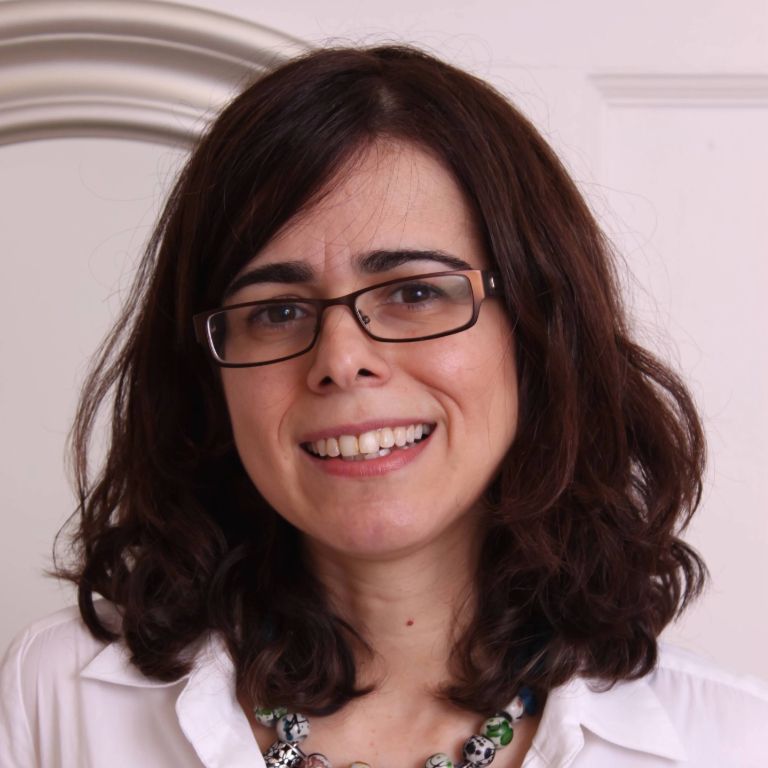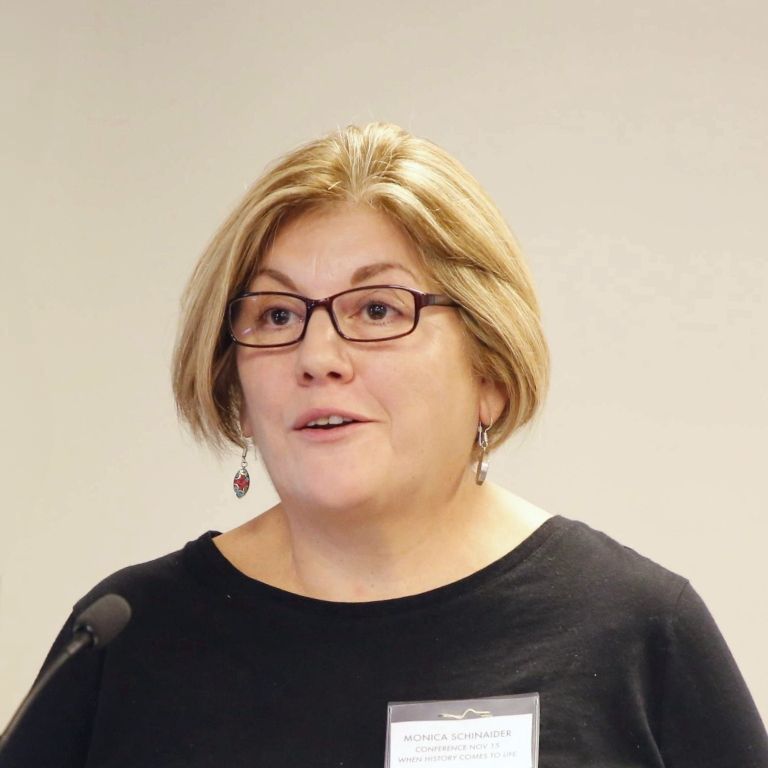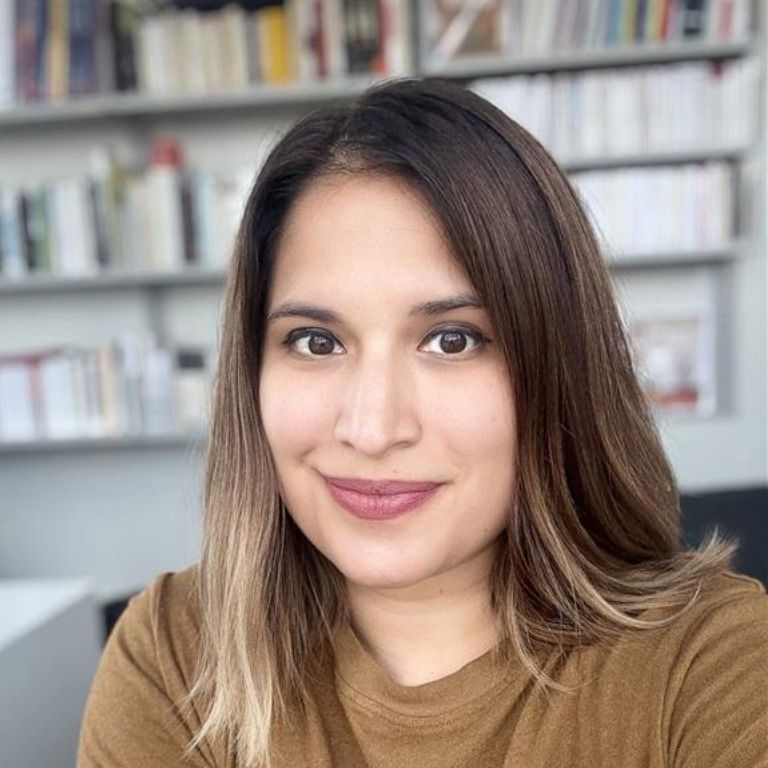About the Program
As you progress through your academic journey, we encourage you to explore the enriching opportunities available within our Spanish Program at Hunter College, CUNY. Whether you are just beginning to learn Spanish, are passionate about Spanish-speaking cultures, or simply wish to broaden your horizons, our program offers a diverse range of courses designed to inspire and challenge you.
Learning Outcomes
- Practice speaking and writing in Spanish that is clear and correct.
- Identify authors and works by style and by historical period, and literary movements by their salient characteristics.
- Discuss the central social, cultural, and political developments of Spain and Latin America.
- Discuss the major cultural and historical tropes pertaining to specific literary (or cinematic) works across centuries and continents
- Analyze how literary (or cinematic) works produce meaning and other effects.
- Apply critical concepts across genres or periods.
- Evaluate competing perspectives or claims in a comprehensive way before formulating an opinion or conclusion.







